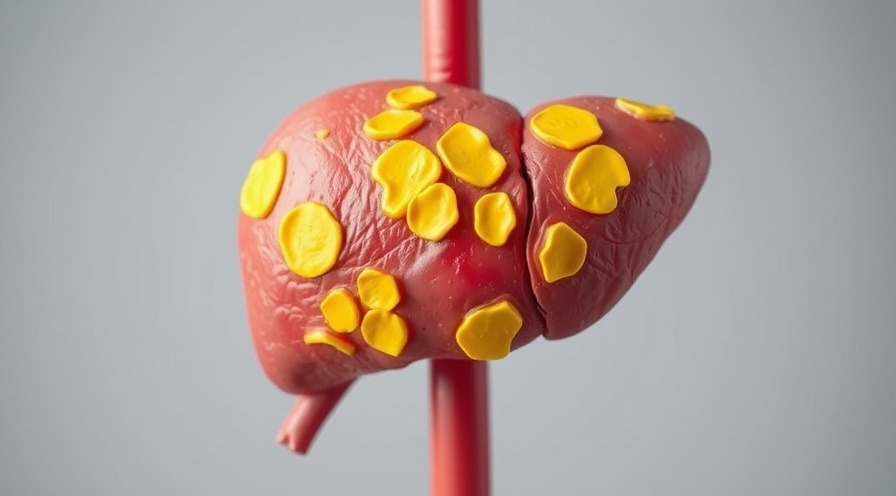
Understanding Hyperplasia and Hypertrophy
Imagine a lumberjack working hard to chop down trees. At first, she can handle a few each day. Then, her boss suddenly wants her to clear an entire forest by the end of the week. This situation creates stress, similar to how our bodies respond to increased demands on our organs and tissues. This stress forces adaptation, often through two key processes: hyperplasia and hypertrophy.
In 'Hyperplasia and Hypertrophy,' we explore how our bodies adapt to physiological and pathological stresses, inspiring a deeper understanding of these crucial processes.
What is Hyperplasia?
Hyperplasia is when cells in an organ or tissue increase in number, similar to hiring a larger crew of lumberjacks. This kind of growth typically occurs in organs that can regenerate, like the skin and liver, which contain stem cells capable of turning into mature cells. For example, during pregnancy, a woman's breasts grow through hyperplasia to prepare for breastfeeding. Hormones like prolactin stimulate growth, emphasizing the importance of hormonal balance in our health.
The Power of Hypertrophy
On the other hand, hypertrophy refers to the enlargement of existing cells. It’s like our hypothetical lumberjack becoming stronger so she can chop more trees. Hypertrophy happens in tissues like muscles, where physical activity, such as lifting weights, leads to stronger, larger muscle fibers. If you pick up a weight, your muscles adapt by growing, allowing you to lift more as time goes on.
Stress Triggers Adaptation
Both hyperplasia and hypertrophy are responses to stress—either physiological, such as lifting weights, or pathological, like high blood pressure causing the heart to adapt. Heart hypertrophy is a perfect example of how our bodies change in response to strain. This adaptation might be beneficial in the short term, but it can also present challenges if the stress becomes chronic.
The Risk of Pathological Changes
While hyperplasia can be a healthy response, it has its dangers. Excessive cell growth, particularly if triggered by hormonal imbalances or diseases, can lead to conditions like endometrial hyperplasia. When the lining of the uterus grows excessively due to high estrogen levels, it raises the potential risk of cancer. Understanding when hyperplasia becomes harmful is crucial for your health, which is why regular check-ups and awareness of your body’s signals are essential.
Working Together: Hyperplasia and Hypertrophy
Interestingly, hyperplasia and hypertrophy often occur simultaneously, especially in organs that have stem cells. For example, during pregnancy, not only do the muscle cells in the uterus grow larger (hypertrophy), but their numbers also increase (hyperplasia). This amazing adaptation allows the body to accommodate the growing needs of a developing baby.
Embracing the Science for Better Health
Understanding the processes of hyperplasia and hypertrophy equips us with knowledge about how our bodies react to stress. By embracing a healthy lifestyle filled with proper nutrition and regular exercise, individuals can help their bodies adapt positively rather than negatively.
As we navigate through our daily lives, it's important to recognize that our bodies are resilient and capable of incredible adaptations. Stress may challenge us, but with the right knowledge and tools, we can promote better health and wellness.
 Add Row
Add Row  Add
Add 




Write A Comment